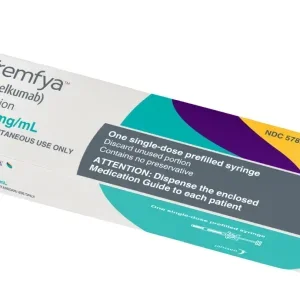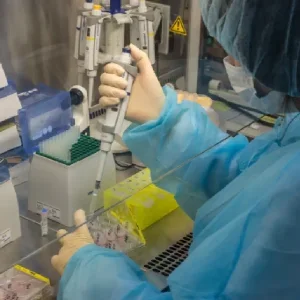Pfizer has secured emergency use authorisation from the US Food and Drug Administration (FDA) for its novel Covid-19 oral antiviral treatment, Paxlovid.
The drug is authorised to treat mild-to-moderate Covid-19 infection in adults and paediatric patients aged 12 years and above weighing at least 40kg.
The treatment includes nirmatrelvir, a novel main protease (Mpro) inhibitor originating in Pfizer’s laboratories, designed to block the activity of the SARS-CoV-2 Mpro.
Pfizer chairman and CEO Albert Bourla said: “Today’s authorisation of Paxlovid represents another tremendous example of how science will help us ultimately defeat this pandemic, which, even two years in, continues to disrupt and devastate lives across the world.
“This breakthrough therapy, which has been shown to significantly reduce hospitalisations and deaths and can be taken at home, will change the way we treat Covid-19, and hopefully help reduce some of the significant pressures facing our healthcare and hospital systems.”
The US regulator’s decision is based on the data from the Phase 2/3 EPIC-HR trial, which enrolled non-hospitalised patients aged 18 and above with confirmed Covid-19 who are at increased risk of progressing to severe illness.
In the study, Paxlovid reduced the risk of hospitalisation or death by 89% (within three days of symptom onset) and 88% (within five days of symptom onset) compared to placebo.
Bourla added: “Pfizer stands ready to begin delivery in the US immediately to help get Paxlovid into the hands of appropriate patients as quickly as possible.”
Last month, the company signed an agreement with the US government to supply 10 million treatment courses of Paxlovid, with delivery fulfilment expected to complete in 2022.
As a result of continued investments to support the manufacturing and distribution of Paxlovid, Pfizer raises production projections from 80 million to 120 million courses of treatment in 2022.
Furthermore, the company plans to submit a New Drug Application (NDA) to the FDA for full regulatory approval in 2022.






